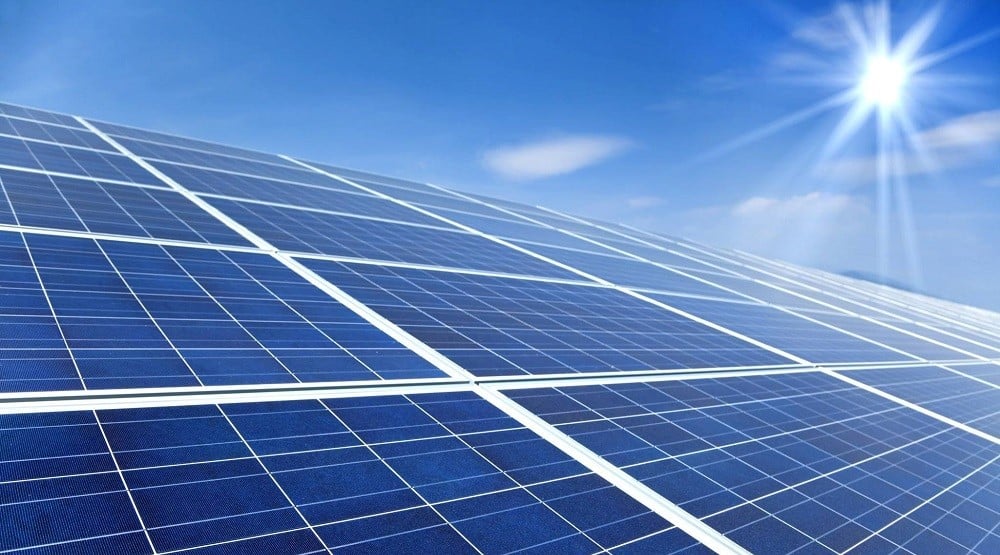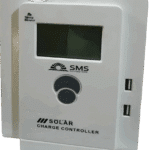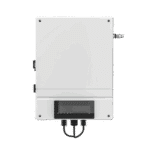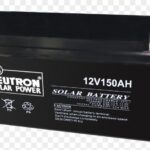How to Choose the Right Solar Inverter for Your Home

Choosing the right solar inverter is one of the most important steps in building a reliable solar energy system. The inverter is the brain of your setup — it converts the DC power your panels generate into AC power your appliances can use. If you choose the wrong one, you might experience frequent shutdowns, poor performance, or even damage to your batteries and devices. In this post, we’ll walk you through the key factors to consider when choosing an inverter for your home in Nigeria.
What Does a Solar Inverter Actually Do?
A solar inverter takes the direct current (DC) power generated by your solar panels or stored in your batteries and converts it into alternating current (AC), which powers your lights, fridge, TV, fan, and other appliances.
Without a good inverter, your solar panels won’t be able to deliver usable energy. It also protects your system by managing the flow of electricity between your panels, batteries, and the grid (if connected).
Understand the Different Types of Inverters
There are three main types of inverters used in homes:
- Pure Sine Wave Inverters
These produce electricity similar to what you get from NEPA (PHCN). They’re ideal for sensitive electronics and are the most recommended for Nigerian homes. - Modified Sine Wave Inverters
Cheaper but lower quality. They can damage sensitive appliances over time and often make devices noisier. Not ideal for long-term use. - Hybrid Inverters
These are smart inverters that can work with solar, grid, and battery power. They automatically switch between power sources based on what’s available. Most modern homes are moving towards hybrid systems.
How to Size Your Inverter Properly
Choosing the right inverter size is crucial. If it’s too small, it won’t power your load. If it’s too large, you’ll overspend unnecessarily.
Here’s how to size it:
- Add up the wattage of all appliances you want to run.
- Multiply by a safety margin (typically ×1.3).
- Divide by 1000 to get kVA size.
Example:
Fan (70W) + TV (100W) + Fridge (150W) + Bulbs (80W) = 400W
400W × 1.3 = 520W = 0.52kVA → round up to 1kVA minimum
For backup or more appliances, 1.5kVA to 3.5kVA is common for small homes.
Common Mistakes to Avoid
- Buying based on price only: Cheap inverters often lack durability or proper support.
- Ignoring load calculations: Guesswork leads to underperforming systems.
- Not considering expansion: If you’ll add more appliances later, size up a bit now.
- Skipping expert configuration: A good inverter needs proper wiring and settings.
Recommended Brands for Nigerian Homes
At WWATech, we work with inverter brands that are proven in Nigerian conditions:
- Felicity Solar
- SRNE
- Bluegate
These brands offer a mix of affordability, durability, and local support.
Conclusion: Ask Before You Buy
The right inverter will keep your power stable, protect your devices, and last for years. The wrong one will cost you time and frustration.
Need help choosing?


 Inverters
Inverters